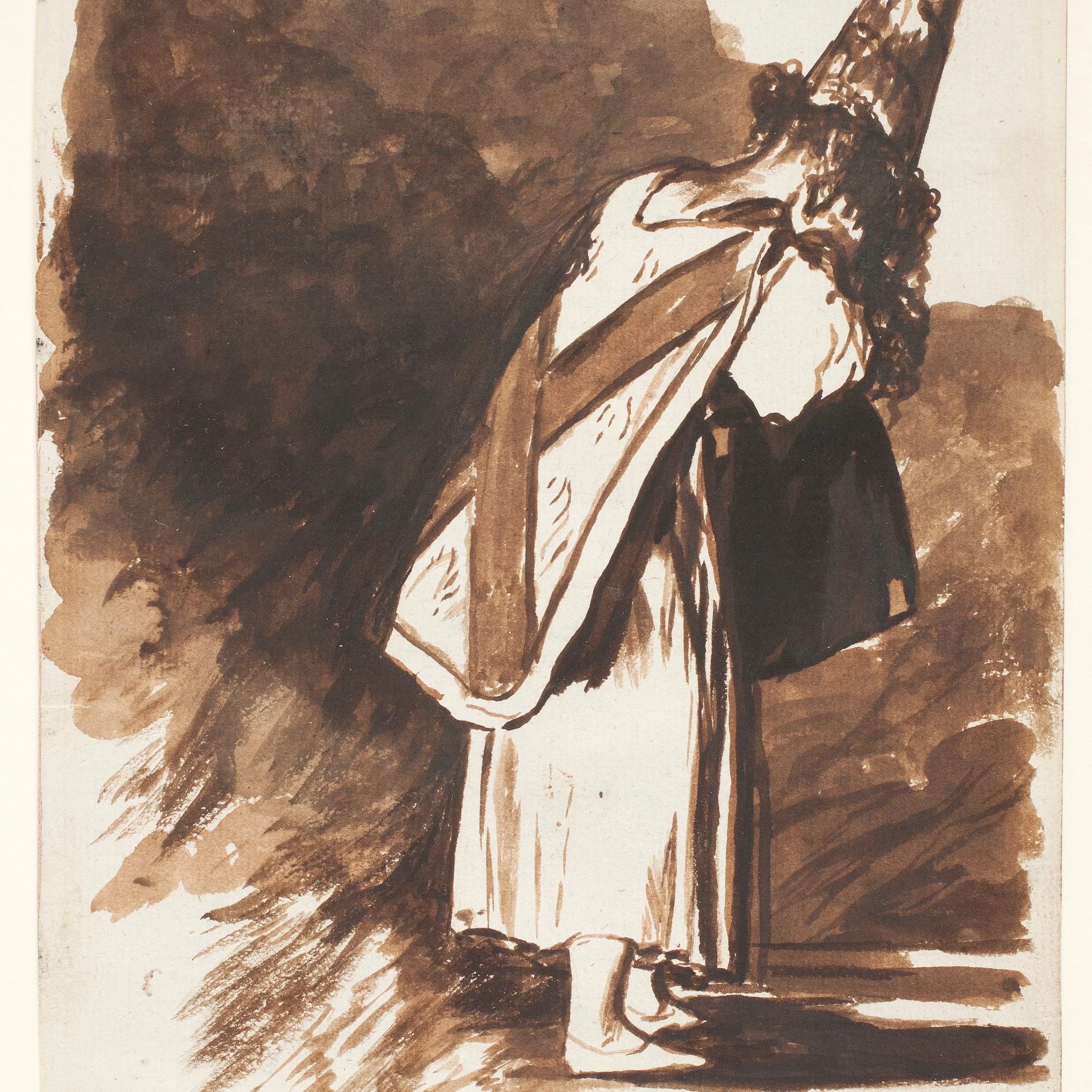Understanding Shame as Intrapersonal Conflict
Shame is a complex and often uncomfortable emotion that, despite our best efforts to avoid it, can emerge unexpectedly, leaving us with a deep sense of inadequacy or unworthiness. Often, we are left wondering why exactly we feel ashamed about ourselves, and why its effects are so profound. This naturally leads us to question the underlying moral psychology of shame. Drawing on psychology and philosophy literature, one project of mine suggests that shame arises from a sort of internal conflict - a tension between the person we are, and the person we aspire to be, often shaped by our identity and relationships.
At its core, shame is less about having done something wrong and more about the feeling that some aspect of ourselves is inadequate. Psychological research comparing shame to other emotions such as guilt, embarrassment, and humiliation, suggests that shame is more closely tied to our self-perception rather than particular actions we engage in. Therefore, it is essentially a negative self-evaluation (Wolf et al., 2010, Tangney et al., 1996). Additionally, it is associated with “withdrawal tendencies”, a pulling away from others. This is contrasted with guilt and anger, which are associated “approach tendencies” such as an effort to repair harm, or confrontation (Fernandez et al., 2015). This seems to corroborate the view that when we feel ashamed we recognize that the thing that has gone wrong, is ourselves.
A key component of shame is our attachment to these self-assessments and the judgments of others. It appears that the more we tie our identity to the belief that we are inadequate or unworthy, the more entrenched experiences of shame become. Our integrity is often thought to tie closely to our sense of identity, often referred to as our “true self” or “most authentic self”, shaped by our values, desires, and experiences. This ideal self is typically accompanied by an acceptance of who we are, both from ourselves and from those around us, including our communities and broader society.
However, when someone else holds different expectations of us - an image of who we “should be” - our internal representation of ourselves may clash with the accepted and respected individual we are aiming to be. Or, perhaps, the person that society expects us to be. Shame thus arises as a painful reminder of our failure to live up to this ideal; to be seen as equal or respected by others. This creates a sort of intrapersonal conflict within oneself. Thus, far from being a specific reaction to an event, it seems more accurate to understand shame as a confrontation between the person we are in real life and the person that we hope to embody.
Importantly, shame can be felt publicly and privately, although typically shame tends to increase when publicity increases. Of course, experiences of shame are often more profound when the negative evaluation happens at the hands of someone with whom we are closely interpersonally attached. We tend to place a high value on the perceptions of ourselves that are held by our nearest and dearest, because there is a reciprocal valuing of the other. With that said, we are also attached to a sense of belonging within our communities. Even when we do not know or have high regard for the person who is causing us to experience shame, their negative evaluation can expose the fact that we are not as integrated or respected as we believed or hoped to be. Therefore, the conflict may remain even if we recognize the negative evaluation as false. For example, a person of color subjected to racist heckling on public transit may feel shame, despite knowing that their race is not something to be ashamed of. Still, they may very well entertain the thought, “I am not enough” or “If I were white, I would fit in.” Similarly, a new mother might experience shame for not meeting the parenting standards she sees on social media. Even though no one has overtly devalued her, a tension arises between the mother she is and the mother she thinks she “should be”.
This desire to reconcile our actual self with the idealized self plays a central role in such experiences. Our ability to feel shame emphasizes the fact that we are attached to our present selves and the person that we want to be. Typically, the idealized self is also a well-integrated self that is respected and valued by others in society. So when others cause us to feel ashamed, we are presented with a conflict between who we are (or how others see us), and this idealized self. In this sense, therefore, shame transcends any single wrongdoing and becomes a deeply embedded experience arising from this complex intrapersonal conflict.
Contributor
Ariel Gordy
CFCP Graduate Fellow

